The Importance of Mental Toughness in College Soccer for International Student-Athletes
Competing in college soccer as an international student-athlete presents unique challenges that demand exceptional mental resilience. Balancing rigorous academic schedules, athletic commitments, and cultural adjustments requires a high degree of mental toughness to thrive in this demanding environment.
Understanding Mental Toughness in College Soccer
Mental toughness refers to the psychological edge that enables athletes to cope with competitive pressures and maintain focus and determination. For international student-athletes, this involves adapting to new cultural contexts, overcoming language barriers, and managing the dual responsibilities of academics and athletics.
Prevalence of Mental Health Concerns Among Student-Athletes
Recent studies have highlighted significant mental health challenges among student-athletes. An NCAA survey revealed that rates of mental exhaustion, anxiety, and depression among student-athletes are 1.5 to two times higher than before the COVID-19 pandemic. These findings underscore the importance of mental toughness in navigating the pressures inherent in college sports.
Challenges Faced by International Student-Athletes
International student-athletes encounter additional stressors, including cultural adaptation and social isolation. Research indicates that 41% of student-athletes report feeling frequently overwhelmed, with nearly a quarter experiencing exhaustion from the mental demands of their sport. These challenges can be more pronounced for those adjusting to a new country and educational system.
Strategies to Enhance Mental Toughness
Goal Setting: Establish clear, achievable objectives for both academic and athletic pursuits to provide direction and motivation.
Visualization: Regularly imagine successful performance scenarios to build confidence and reduce anxiety.
Positive Self-Talk: Replace negative thoughts with affirming statements to maintain a constructive mindset.
Mindfulness and Relaxation Techniques: Practices like deep breathing and meditation can help manage stress and maintain focus.
Institutional Support and Resources
Recognizing the mental health challenges faced by student-athletes, the NCAA has prioritized mental health by requiring member schools to provide resources and education consistent with Mental Health Best Practices. These initiatives aim to create supportive environments that promote mental well-being.
Developing mental toughness is crucial for international student-athletes striving for success in college soccer. At Upper 90 College, we offer tailored support to help you navigate the unique challenges of balancing academics and athletics in a new cultural setting.
Contact us today to learn how our services can assist you in achieving excellence both on and off the field.

